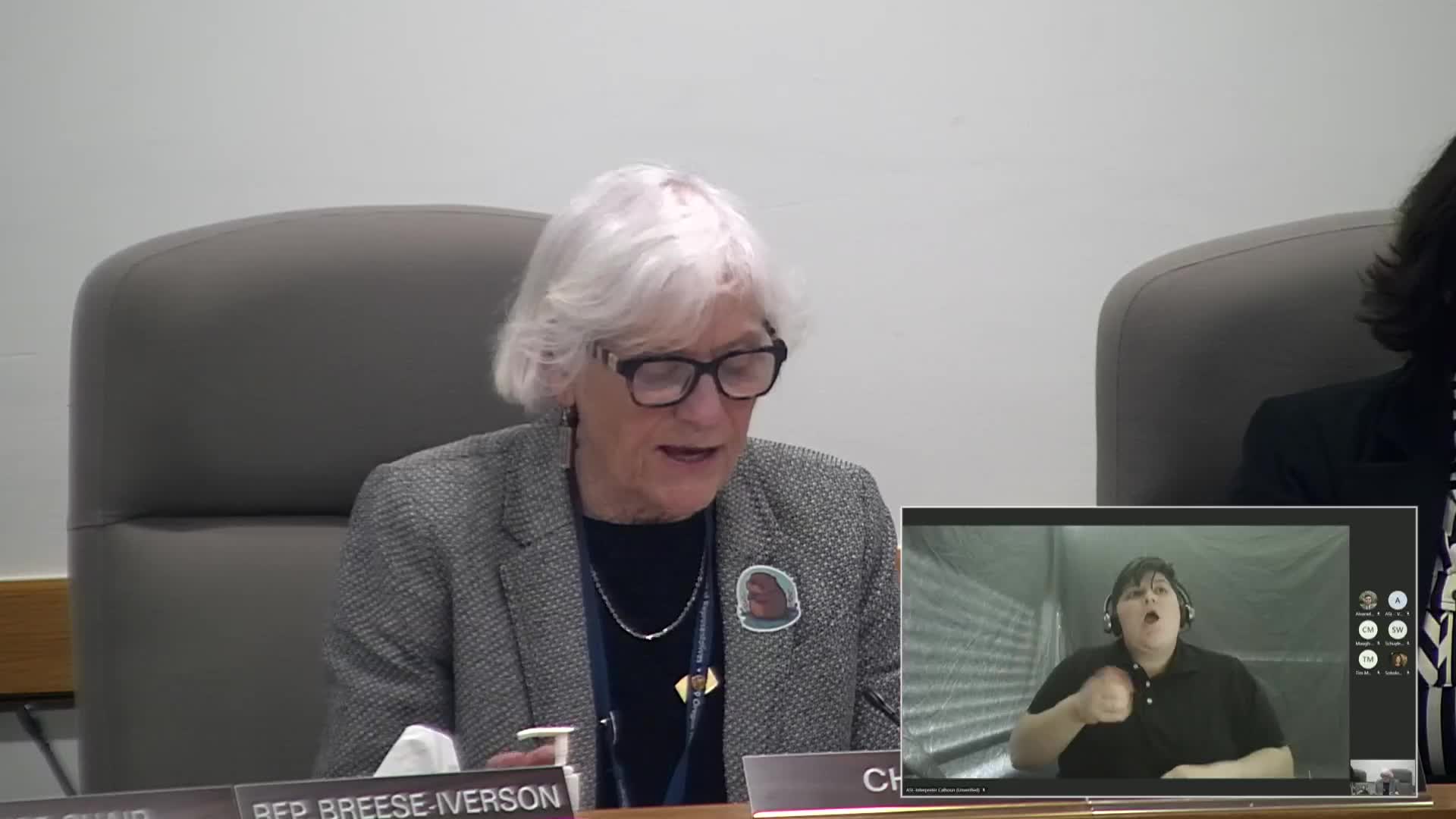Rep. Farrah Chai Chi proposes state repeal of rent-control preemption to let localities decide
Get AI-powered insights, summaries, and transcripts
Subscribe
Summary
In an informational hearing April 21, Rep. Farrah Chai Chi presented House Bill 3767 to repeal ORS 91.255, restoring local authority to consider rent limits. Tenant advocates and local officials urged more local tools amid rising rents, eviction filings and a statewide housing shortage; no formal action was taken at the hearing.
Rep. Farrah Chai Chi, Representative for House District 35, introduced House Bill 3767 at an informational meeting of the House Committee on Housing and Homelessness on April 21, asking lawmakers to repeal ORS 91.255, a state law that currently prevents cities and counties from setting rent limits.
The bill ‘‘does not prescribe that they do anything. It gives local leaders… the opportunity to decide for themselves what they need,’’ Rep. Chai Chi said, describing the measure as a restoration of local authority rather than a statewide mandate.
Why it matters: Supporters argued the change would let municipalities tailor responses to local affordability problems while preserving the statewide rent-cap floor established by Senate Bill 608 (2019) and Senate Bill 611 (2023). Opponents were not present to offer testimony at the informational session; the hearing was framed as an opportunity to expose ideas rather than to take public testimony or vote.
Multiple witnesses described worsening conditions for renters. Kim McCarty of the Community Alliance of Tenants said tenants in Oregon are ‘‘experiencing a crisis,’’ citing national and state-level shortages and eviction rates. McCarty referenced the National Low Income Housing Coalition’s estimate that the U.S. has a shortage of 7,100,000 rental homes affordable to extremely low-income renters and noted statewide pressures: ‘‘over 2,000 households in Oregon each month are summoned to eviction court,’’ equating to about 26,000 cases per year.
Jimmy Jones, executive director of the Mid Willamette Valley Community Action Agency, told the committee his agency has distributed about $50 million in rental assistance over the past five years and said rising rents are pushing many households into homelessness. ‘‘Most of [newly homeless people] are entering that condition because they simply cannot afford the rent,’’ Jones said.
Charles Mon, mayor of Corvallis, said his city is ‘‘the number one most severely rent burdened community in the state’’ and argued that local control over rent policy should be an available tool: ‘‘we have been building affordable housing faster than I’ve ever seen…and it’s still not enough to address these needs.’’
Dr. Lauren Everett, who conducted a qualitative study of long‑term rent control in Santa Monica, California, summarized research and lived-experience findings, saying rent protections can bolster ‘‘de facto security’’ for tenants and support community stability. Everett concluded, ‘‘rent control is about more than just the rent. It’s about the ability to truly make a home where you live.’’
Clarifying context offered in the session: Rep. Chai Chi and witnesses noted that HB 3767 would not override the rent-cap floor established by recent state laws and that the proposal is intended to allow localities to adopt stricter or different forms of rent stabilization if they choose. The representative described district-level indicators: a 2023 Beaverton housing needs analysis found roughly 50% renter-occupied households and 21% of renters spending 50% or more of income on housing.
No formal motion, vote, or committee action occurred; the meeting was informational. Rep. Chai Chi said she will ‘‘continue these conversations with stakeholders and hopefully any additional legislators who are interested’’ with the aim of developing legislation that could advance in a future session.
The committee’s next informational meeting was announced; no hearing date for HB 3767 was set during this session.
